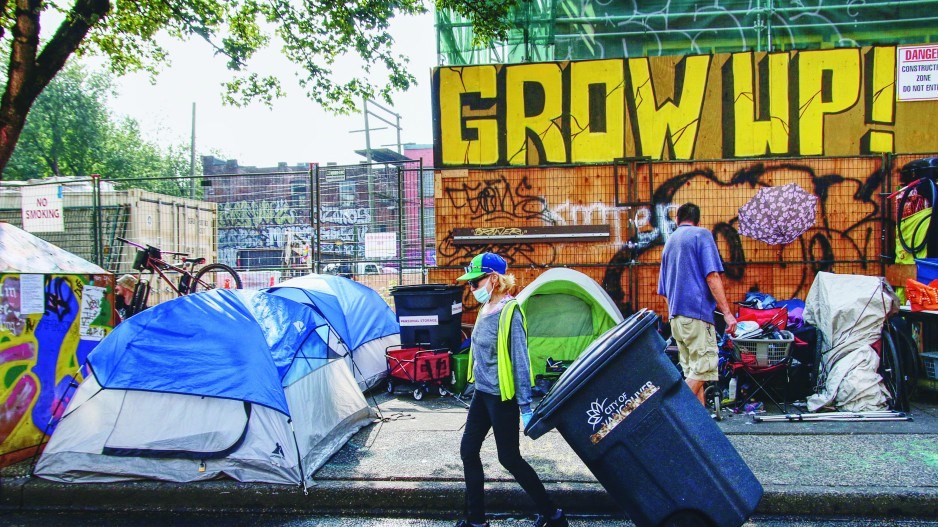“Vancouver resembles Gotham City,” said a stranger named Jared on election day. He told me that since arriving from Manitoba six years ago, he’s sickened by Vancouver’s decline, and that too, in a short period.
While not sharing who got his vote, it was obvious who didn’t.
In addition to failing us on populist matters, Kennedy Stewart led Vancouver into a public relations crisis that further threatens post-pandemic recovery. Once branded the most beautiful city in the world, tourists in their online reviews describe Vancouver as “dangerous” and “disgusting” and warn others to “stay away.”
And it didn’t have to be this way.
If Stewart or his partisan communications staff and external PR consultants understood the basics of communication – or cared in the least about the wider community paying all of their salaries – they would have advised Stewart differently.
As I’ve written in this space many times, leaders must communicate in a crisis. Good or bad news, they must address the community quickly and provide frequent updates.
NASA nails it with its communications edict: “When things are going well, tell the media (and community) everything they want to know. When things are going wrong, tell them even more.”
Stewart did the opposite.
Crisis upon crisis, Stewart and his bad actors chose silence, inertia or diversion. Any messages pandered to left-wing ideologies, while ignoring cries of the wider community. He gaslit us into believing everything was OK, even as women posted on social media that they invested in bear spray. (If I was advising the mayor, I’d have organized a press conference tout de suite).
Leaving a community in the dark increases fear and anxiety. Abandoning a community in its time of need ensures a loss of confidence. People will seek relief elsewhere. Or arm themselves with bear spray.
Perhaps Stewart and his team believed their communications tactics would outsmart constituents. Perhaps they believed hope is a strategy. Perhaps they believed pixie dust would blind us.
Whatever it was, Stewart and his team seriously miscalculated how their spin lost them the narrative. And Stewart failed to grab what true leaders know: that crisis is an opportunity to demonstrate leadership.
And ABC Vancouver seized it.
Beyond its campaign platforms and promises, ABC showed its mastery in crisis communications: It leveraged opportunities others missed, listened to the community and employed the golden Rule of Three.
Studies show that humans process information through pattern recognition. Three is that number. People remember things in threes. They engage more with concepts that are presented in groups of three.
It’s like Ken Sim and his consultants knew that principle.
ABC.
A Better City.
Affordable, livable, safer.
ABC started small. Phone lists. Then it hit the streets, handing out leaflets and knocking on countless doors. And before we knew it – as election day inched closer – the first three letters of the alphabet became embedded into our collective psyche. Three letters held promise. And against Stewart’s silence, those letters became Vancouver’s battle cry.
Suddenly, Vancouverites had renewed hope and vigour, awakening from a fetal position, taking a breath of fresh air and seizing the day.
I liken the effect of ABC to the world’s most memorable jingle, Coca-Cola’s “I’d like to teach the world to sing.” That 1971 song went down in history as one of the world’s greatest marketing campaigns with its message of happiness and love that gave the world hope. The TV ad showed people from diverse heritages standing side by side – singing in “perfect harmony.”
Coke showed that it was a brand for everyone. So did ABC.
As a parting shot to Vancouver – and true to his communications style – Stewart refused media interviews after being trounced. Cameras captured his back as he walked away.
As for how ABC managed such a sweep, Gotham City is dark and foreboding, and fear is a great motivator. There’s hope that Sim City will be different.
Renu Bakshi ([email protected]) is a former long-time journalist now working as an international senior communications strategist specializing in crisis management and media training.




